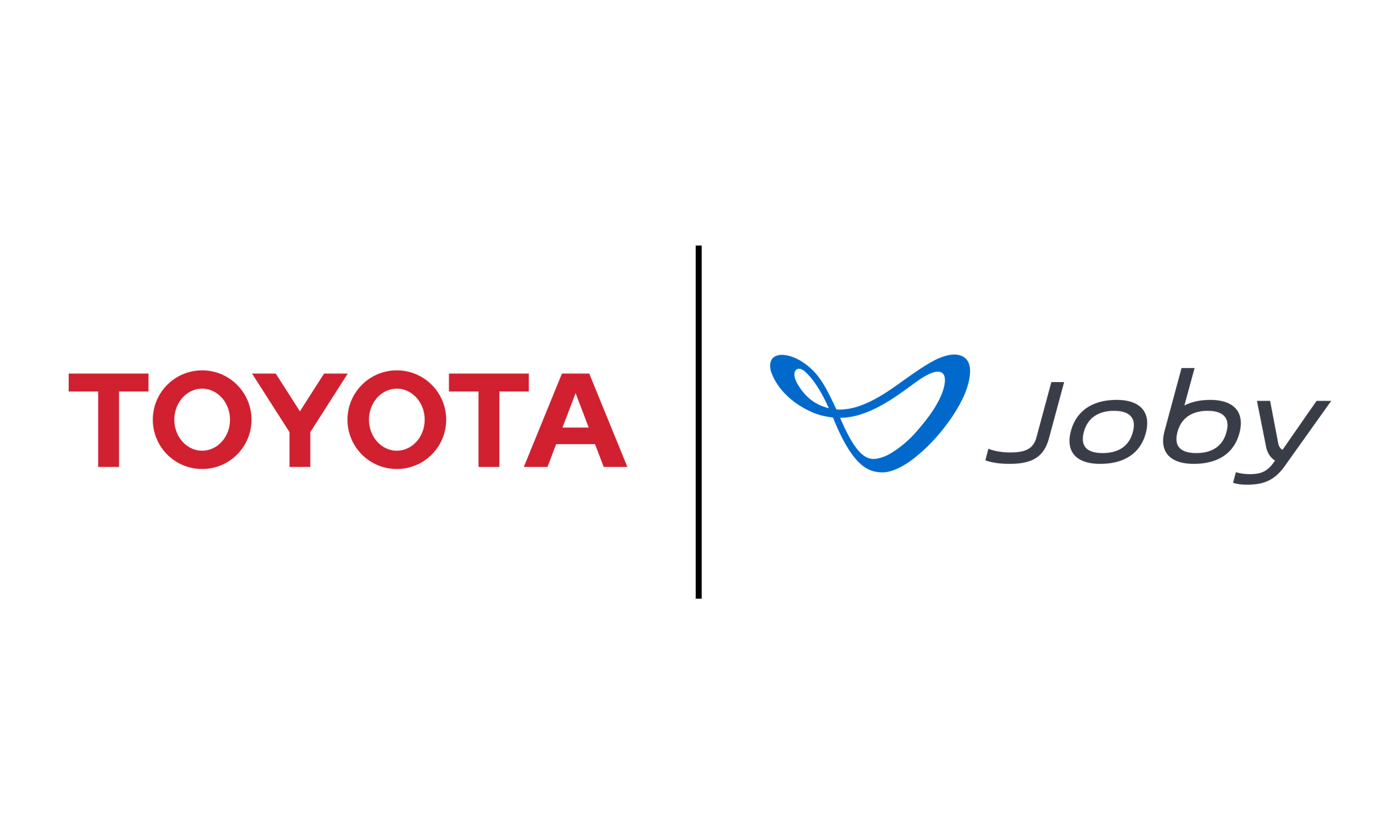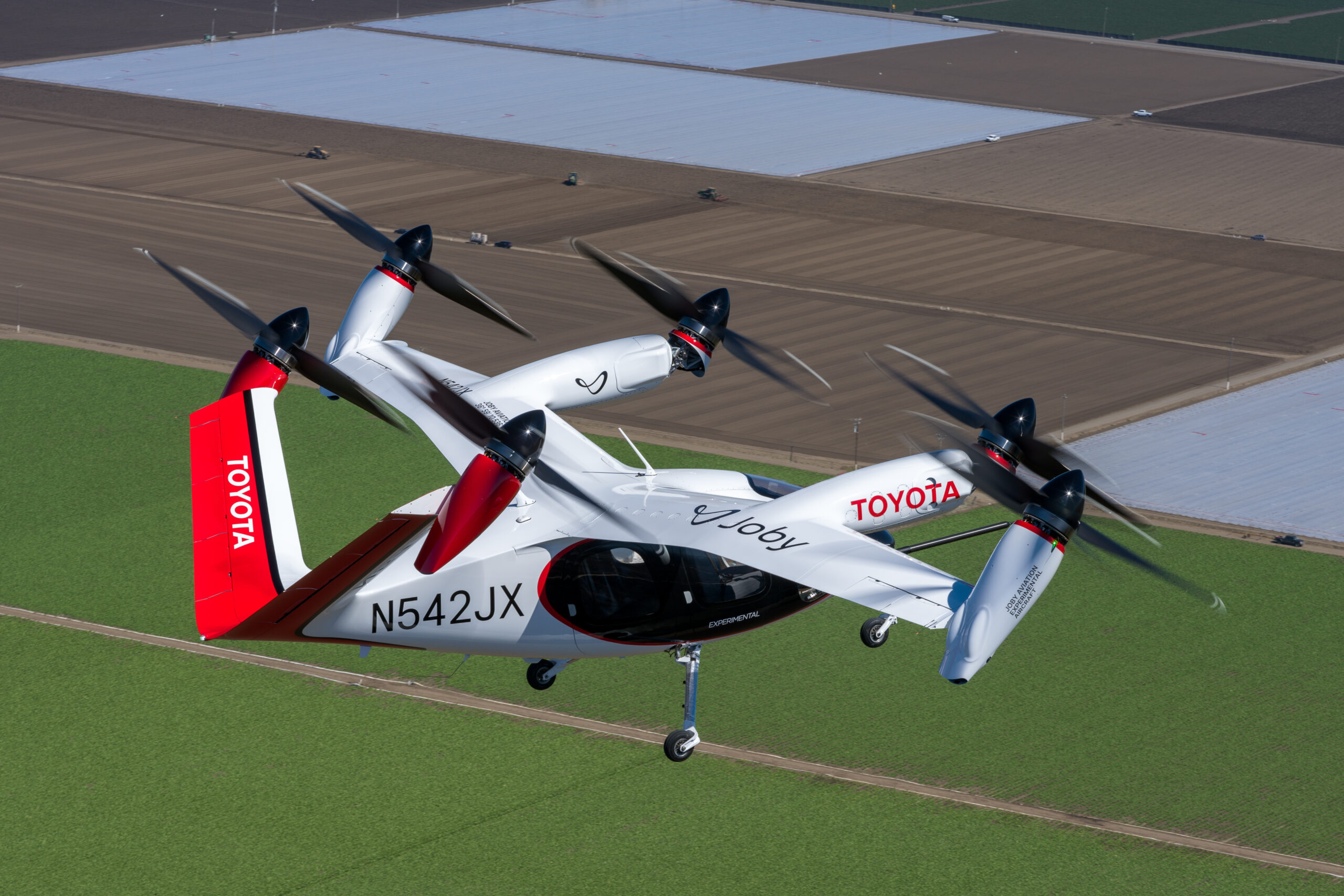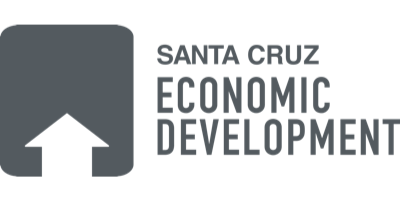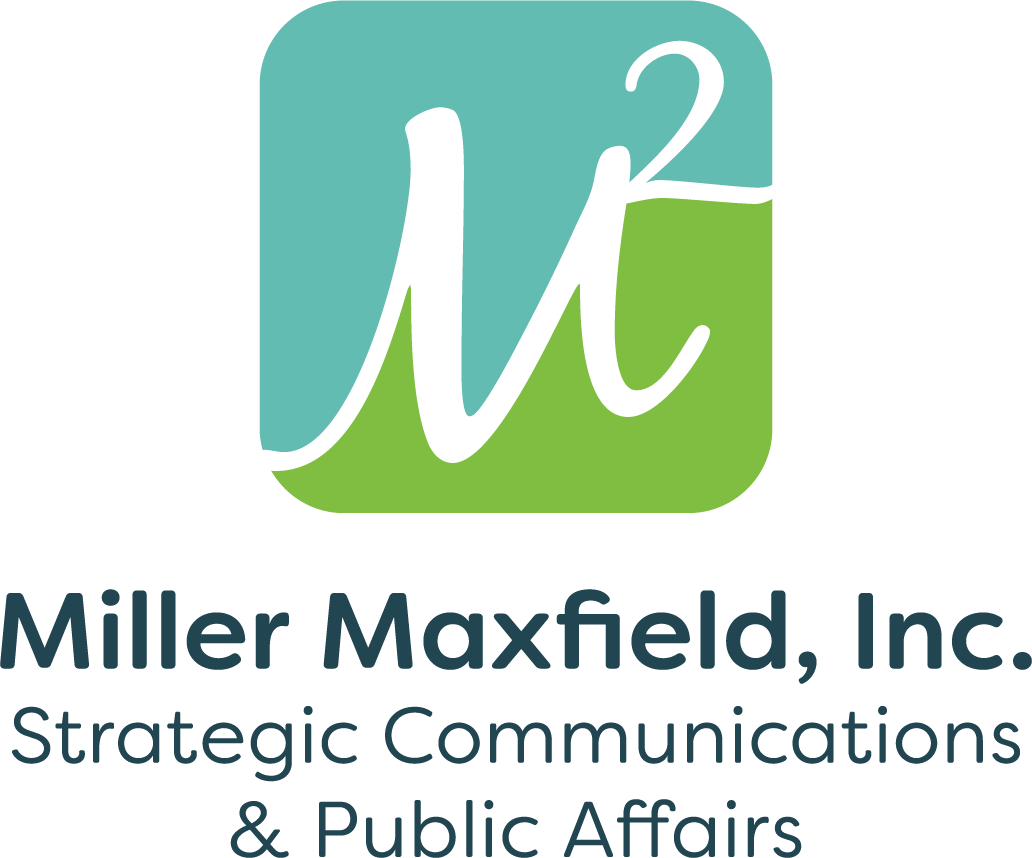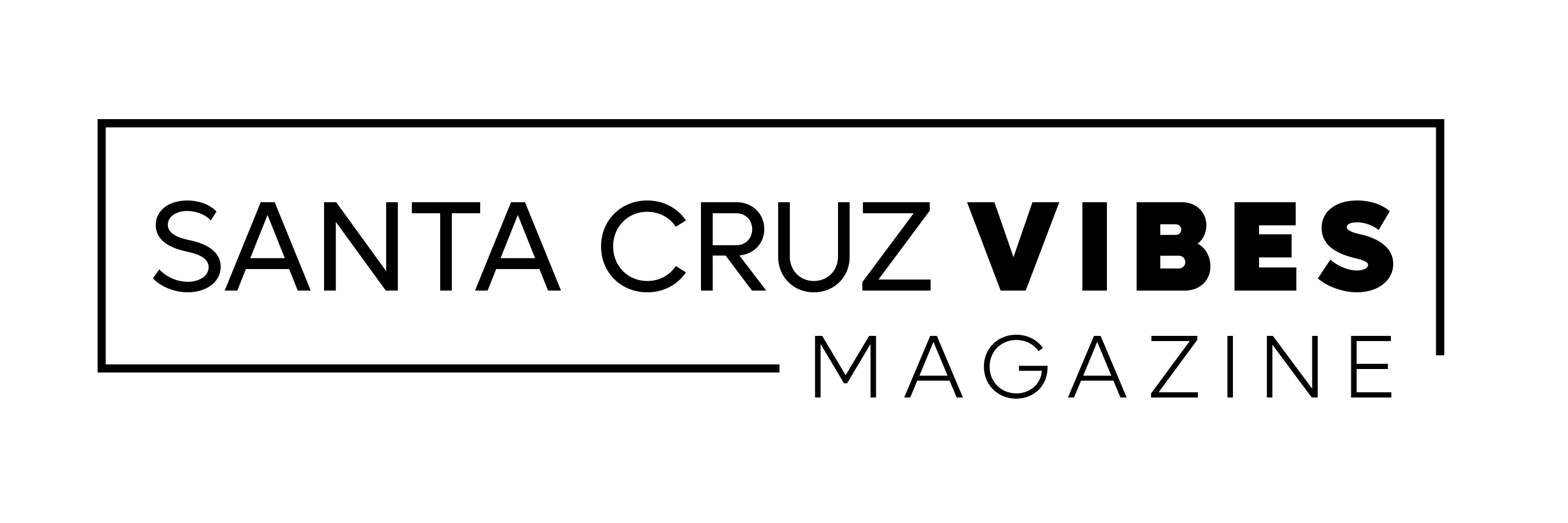TOYOTA CITY, Japan, and SANTA CRUZ, Calif., Oct. 2, 2024 /PRNewswire/ — Toyota Motor Corporation (Toyota; NYSE: TM) and Joby Aviation, Inc. (Joby; NYSE:JOBY), a company developing electric air taxis for commercial passenger service, today announced that Toyota will invest an additional $500 million to support the certification and commercial production of Joby’s electric air taxi, with the aim of realizing the two companies’ shared vision of air mobility.
The investment, which will be made in two equal tranches, is subject to standard regulatory approvals and certain other conditions, finalization of collaborative and commercial agreements and, with respect to the second tranche, the finalization of terms related to a strategic alliance focused on commercial manufacturing and certain other conditions. The investment, which will bring Toyota Motor Corporation’s total investment in Joby to $894 million, will be made in the form of cash for common stock, with the first tranche targeted to close later this year and the second in 2025. Further details of the investment are available via the companies’ regulatory filings with the SEC.
“Today’s investment builds on nearly seven years of collaboration between our companies,” said JoeBen Bevirt, founder and CEO, Joby Aviation. “The knowledge and support shared by Toyota have been instrumental in Joby’s success and we look forward to deepening our relationship as we deliver on our shared vision for the future of air travel.”
Joby continues to make important progress towards commercialization, recently rolling its third aircraft off its pilot production line in Marina, California, and breaking ground on an expanded facility in California that will more than double the Company’s manufacturing footprint. In August 2024, it confirmed that the fourth of five stages of the type certification process is now more than one-third complete on the Joby side.

“With this additional investment, we are excited to see Joby certify their aircraft and shift to commercial production,” said Tetsuo “Ted” Ogawa, who signed the agreement as the Operating Officer on behalf of Toyota Motor Corporation. “We share Joby’s view that sustainable flight will be central to alleviating today’s persistent mobility challenges.”
Toyota’s additional investment reflects the continued aim of Toyota Motor Corporation’s founding family, starting with Kiichiro Toyoda down to present-day Chairman Akio Toyoda, to realize the dream of air mobility for personal or daily travel as part of its transformation into a mobility company.
Since 2019, in addition to monetary investments, Toyota has been investing time and human resources to share its knowledge of the Toyota Production System via process planning, manufacturing method development, and tooling design. Toyota engineers now work side-by-side with the Joby team in California, and, in 2023, the two companies signed a long-term agreement for Toyota to supply key powertrain and actuation components for the production of Joby’s aircraft.
Toyota’s relationship with Joby began through an initial investment made by Toyota Ventures, the early-stage venture capital arm of Toyota that explores and identifies disruptive technologies and companies for investment opportunities and provides support for portfolio companies. Toyota Motor Corporation subsequently completed investments totaling $394 million.
The shares to be sold in the investment have not been, and will not be, registered under the Securities Act of 1933, as amended (“Securities Act”), or any state or other applicable jurisdiction’s securities laws, and may not be offered or sold in the United States except pursuant to an effective registration statement or an applicable exemption from the registration requirements of the Securities Act and applicable state or other jurisdictions’ securities laws. This press release shall not constitute an offer to sell or a solicitation of an offer to buy these securities, nor shall there be any sale of these securities in any state or other jurisdiction in which such offer, solicitation or sale would be unlawful prior to the registration or qualification under the securities laws of any such state or other jurisdiction.
